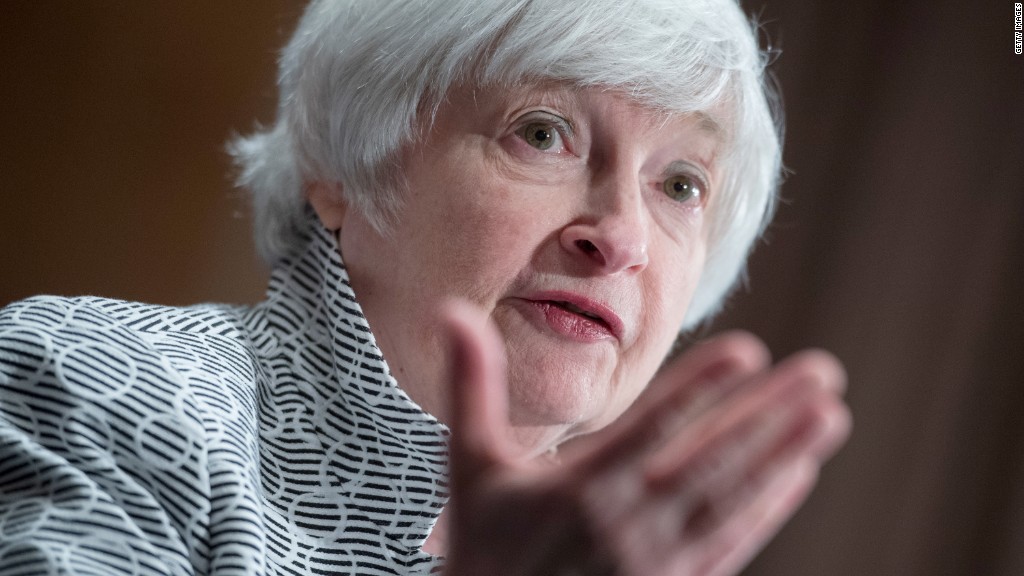
Janet Yellen is the head of the Federal Reserve. Her term expires at the end of January, and it's up to President Donald Trump to either reappoint her for a second term, or find a new Fed chief.
Wall Street conventional wisdom is the president will appoint his own Fed chief.
Yellen was appointed by President Barack Obama, and Trump's modus operandi has been to undo much of the agenda and appointments of his predecessor. Trump has both praised and criticized Yellen, and he has already started meeting with potential successors.
She is the first woman to run the central bank, and if not reappointed, she would be the first Fed chief since 1979 to not serve two terms.
Replacing her comes at a very tricky time. The Fed this month begins unwinding its historic rescue of the financial system, selling $4.5 trillion in assets it bought to stabilize the economy. It's a milestone in the long recovery from 2008, and will take a steady hand to execute. This has never been done before and some Wall Street pros worry about changing horses mid-stream.
Here is another big Fed question on Wall Street. Will unfunded tax cuts juice the economy enough to stoke unwanted inflation, prompting the Fed to raise interest rates? The president may want to remake the Fed in his image, yet the next Fed chief may land in the unenviable position of raising interest rates at the very time Congress is cutting taxes, blunting their effect.


